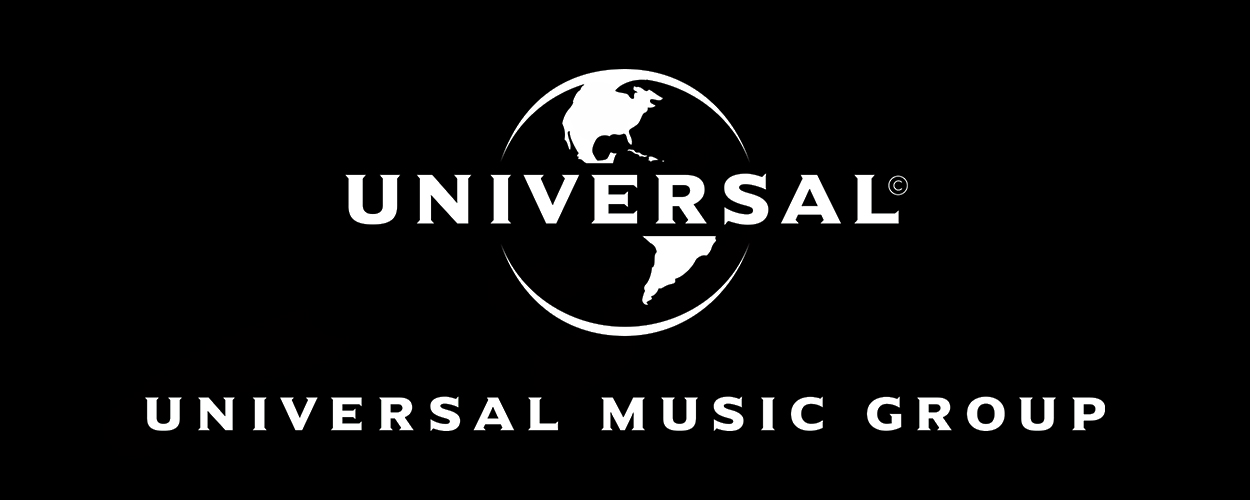This website uses cookies so that we can provide you with the best user experience possible. Cookie information is stored in your browser and performs functions such as recognising you when you return to our website and helping our team to understand which sections of the website you find most interesting and useful.
Business News Labels & Publishers
Lucian Grainge tells staff “we owe our artists transparency” over 2008 archive fire
By Andy Malt | Published on Wednesday 19 June 2019

Universal Music CEO Lucian Grainge has penned a letter to staff addressing the recent report on a 2008 fire that destroyed an unknown amount of master recordings owned by the major. Amid accusations that the company’s then management covered up the extent of the damage, Grainge – who didn’t become overall UMG boss until 2011 – says that it is important that artists now know for certain if their recordings have been lost.
Earlier this month, the New York Times reported on a warehouse fire at Universal Studios in Hollywood in 2008. Although the Universal film and music companies where by then under different ownership, the newspaper said that a significant number of the latter’s master recordings had still been stored at the studios. Citing internal reports from Universal, the article suggested that as many a half a million master recordings could have been lost.
While insisting that “many of the assertions [in the NYT article] and subsequent speculation are not accurate” and “all of the released recordings lost in the fire will live on forever”, Grainge admits in his letter that “losing so much archival material is nonetheless painful”.
More importantly, he says, “these stories have prompted speculation, and having our artists and songwriters not knowing whether the speculation is accurate is completely unacceptable. So, let me be clear: we owe our artists transparency. We owe them answers. I will ensure that the senior management of this company, starting with me, owns this”.
Grainge’s letter and his promise to act follows lawyers in LA beginning to investigate if they could take legal action on behalf of artists whose recordings were possibly contained on the master tapes lost in the fire.
Prominent entertainment lawyer Howard King told the LA Times last week: “We have many very concerned clients. This has a potentially huge impact on their future, coupled with the rather disturbing fact that no one ever told them that their intellectual property may have been destroyed. There is a significant amount of discussion going on, and there will be formal action taken”.
According to Grainge, a team has already been put in place – led by SVP Recording Studios & Archive Management Pat Kraus – to respond to requests from concerned artists about the status of their masters. Following the NYT’s article, some artists have already said publicly that they knew that some of their masters were missing, but that they had never been told how or why. Although it’s not certain that all those lost masters were definitely destroyed in this fire, hopefully the label can now provide some answers.
Earlier this week, Kraus spoke to Billboard, saying: “Based on what we know, to me [the NYT article] was surprisingly overstated. The article painted a picture of an archive being a place where every asset is a master – which isn’t always true. In fact, it’s never true. The things we collect range from reference cassettes, reference reels of tape, CD-Rs, production masters, multi-track tapes, flat-mix masters, EQed production masters – it runs a gamut of items, formats and purposes”.
“There is no dispute that the fire caused serious loss and we never said otherwise”, he went on. “Any loss of any asset, master or otherwise, is painful for us. What was lost? There are many things that were in these archives – master tapes, protection copies, boxes of paperwork, etc”. However, he added, “many of the masters that were highlighted as destroyed, we actually have in our archives”.
If artists are now provided with answers and assurances on the safety (or not) of their original studio recordings, that is at least some sort of positive outcome. It is interesting that while an initial statement from Universal simply said that the NYT article was inaccurate, Grainge is now acknowledging that the scope of the damage caused in the 2008 blaze is not clear and that some unreleased music may have been lost.
Like that earlier statement, Grainge also talked up Universal’s archiving efforts, saying: “At UMG we have the greatest collection of musical recordings, videos and artwork in the world – millions of assets in total – dating back to the late 1800s”.
“We invest significantly in preserving and protecting those treasures around the world – in technology, in infrastructure and by employing experts”, he bragged on. “I know how deeply committed our archival and catalogue teams are to preserving our archives for generations to come. Part of ‘owning this’ is redoubling our efforts to be a leader in preserving the rich cultural legacy upon which our industry is based”.





